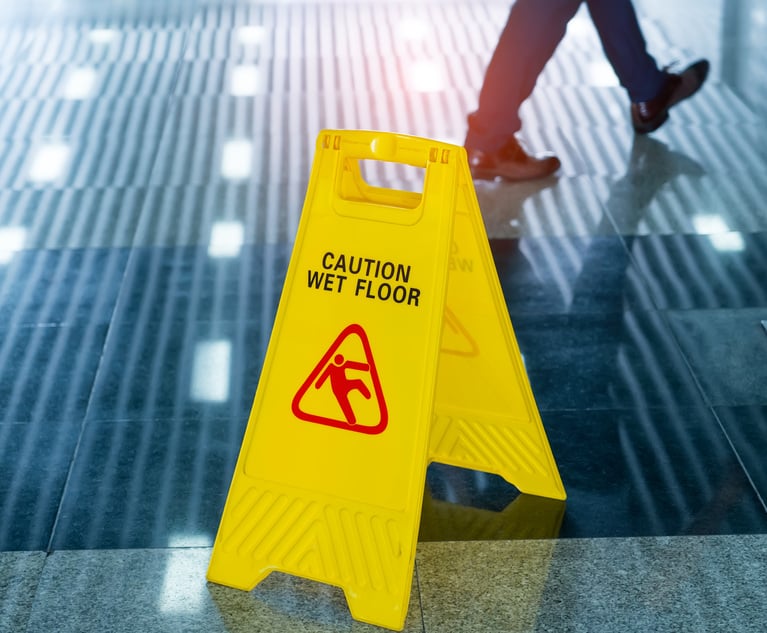Employers seek reliable means for keeping their former key employees from interfering with their customer relationships. Restrictive covenants have long played a role in employment law to achieve that goal. For more than a century, New Jersey courts have considered contractual restraints against post-employment competition. See, Mandeville v. Harman, 42 N.J. Eq. 185, 189-190 (Ch. 1886) (holding a non-compete agreement is valid if it is reasonable, provides fair protection to the employer, and does not interfere with the interests of the public).
Currently, New Jersey law allows courts to enforce a restrictive covenant, so long as it “simply protects the legitimate interests of the employer, imposes no undue hardship on the employee, and is not injurious to the public.” Solari Industries v. Malady, 55 N.J. 571, 576 (1970). “A court’s ultimate determination requires a ‘fact sensitive’ inquiry responsive to the circumstances of each case.” Accounteks.Net v. CKR Law, 475 N.J. Super. 493, 504 (App. Div. 2023). The employer bears the burden of proving the enforceability of the restrictive covenant. See, Ingersoll-Rand v. Ciavatta, 110 N.J. 609, 638 (1988). Hence, an employer must demonstrate that its need for the enforcement of the restrictive covenant exceeds any hardship the agreement places on its former employee. Id. at 634-635. The former employee may establish a hardship by showing the court that the enforcement of the restrictive covenant would preclude them from earning a living in the same line of work. Maw v. Advanced Clinical Commc’ns., 359 N.J. Super. 420, 436-437 (App. Div. 2003), rev’d on other grounds, 179 N.J. 439 (2004), abrogated by Dzwonar v. McDevitt, 177 N.J. 451 (2003). New Jersey courts will not enforce a restrictive covenant simply to prevent competition. ADP v. Kusins, 460 N.J. Super. 368, 401 (App. Div. 2019).


 Photo: PBXStudio via Adobe Stock
Photo: PBXStudio via Adobe Stock




